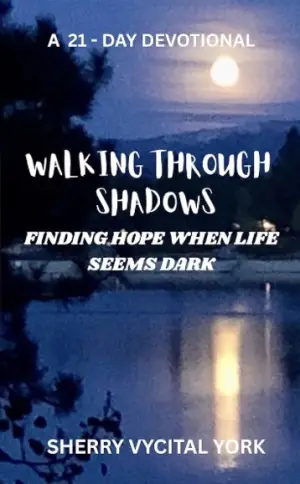I recently delved into “Stranded Nowhere” by E.A. Lake, an enjoyable entry in the post-apocalyptic thriller genre. I’m always intrigued by stories that explore how ordinary people react when faced with extraordinary circumstances, and the premise of this book, where the world suddenly loses all modern conveniences, definitely piqued my interest. As someone who enjoys survival stories, I was eager to see how the author would portray Bob Reiniger’s journey as he awakens to discover that there are no functioning cars, no cell service, and no electricity.
The narrative effectively sets the stage with an atmosphere of eerie silence. Bob, unprepared and lacking survival skills, must navigate a drastically altered world, which immediately drew me into his struggle. As he contemplates the daunting task of returning to his family in Chicago—over 400 miles away—the escalating tension keeps you turning the pages. I appreciated Bob’s character arc; he embodies a relatable everyman rather than a stereotypical survivalist. His flaws and vulnerabilities lend authenticity to his struggle, inviting readers to ponder how we would fare under similar circumstances.
Many readers have highlighted the book’s engaging characterization and the steady pacing of the plot. Bob feels real and flawed, which makes his journey all the more compelling. The secondary characters also contribute richness to the story; every interaction further illustrates how humans adapt (or fail to adapt) when faced with chaos. The authentic dialogue adds to the narrative’s charm, making it feel as if we’re sharing a campfire story with a friend, a point echoed in one review that likened the reading experience to casual storytelling.
However, it’s important to acknowledge some of the drawbacks. A recurring concern among readers has been the presence of typos and editing issues. While these didn’t overly detract from my experience, they occasionally broke the immersion. As another reader mentioned, it’s frustrating when minor errors disrupt an otherwise engaging tale, and it’s clear that a more thorough editing process could elevate the quality of the writing significantly.
Another point that some might find off-putting is the pacing of the story. It unfolds slowly, focusing on survival rather than action or violence, something that Matt Egan captured well in his review. For readers who prefer fast-paced action or thrilling conflict, this approach may feel tedious. Yet, for those who appreciate a more methodical exploration of survival, this is one of the book’s strengths.
The description notes that “a world that he will learn deals harsh lessons and forgives no mistakes,” and I think that reflects Bob’s journey beautifully. The scenarios Bob faces are believable and often relatable, which emphasizes the theme of humanity’s struggle to adapt. His slow realization of the new normal is palpable and, at times, heart-wrenching.
Overall, I found “Stranded Nowhere” to be a compelling read with a thought-provoking premise. The belief that ordinary people can endure and evolve in dire situations is a powerful one, and Lake captures this essence beautifully. Despite the editing flaws and the slow pacing, the authentic character development and engaging storytelling made it a worthwhile read.
In conclusion, if you enjoy apocalypse narratives that prioritize character development over action, then I highly recommend giving this book a chance. I’m certainly looking forward to the next installment in the No Where Apocalypse series. “Stranded Nowhere” has set a solid foundation, and while it has its drawbacks, the engaging story keeps the reader interested and eager for more. I would rate this book a solid 4.5 out of 5 stars. If you’re searching for something that presents a realistic perspective on survival amid chaos, this one is definitely worth picking up!








